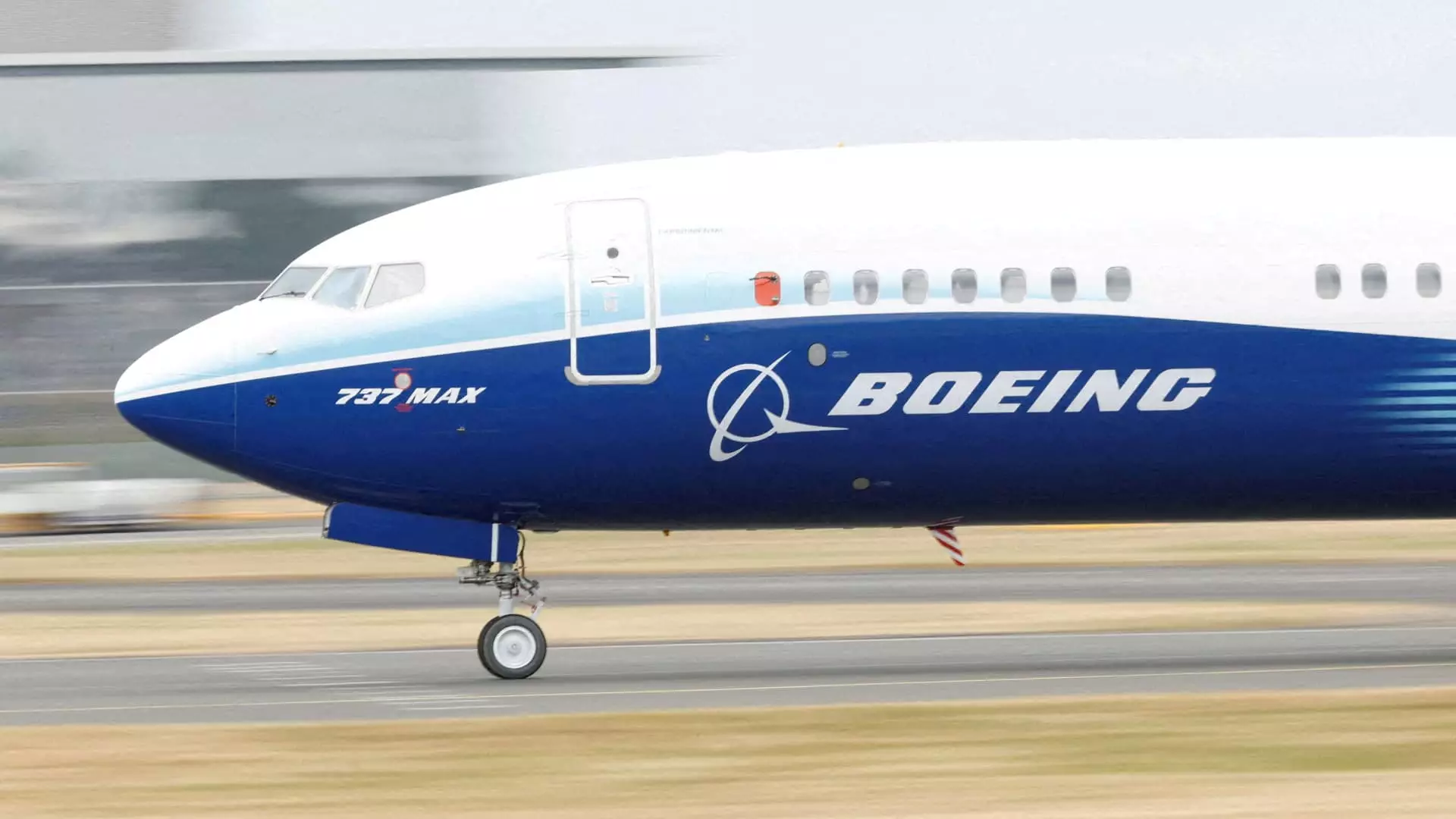In the midst of Boeing’s current crisis, Tim Clark, the president of Emirates Airline, has emphasized the need for the aerospace giant to be led by engineers. This call comes following a series of mid-flight technical failures, starting with a door panel blowing off a new Alaska Airlines 737 Max 9 on Jan. 5. The Federal Aviation Administration (FAA) and Justice Department have increased scrutiny on Boeing, with the FAA limiting the production of 737 aircraft to 38 per month as investigations continue. Clark believes that to address Boeing’s issues effectively, the company requires a strong engineering lead at the helm, along with a governance model that prioritizes safety and quality.
Aviation analysts and former Boeing employees have criticized the company’s reported lack of engineers in senior management positions. Of Boeing’s top executives, only Stan Deal, the outgoing CEO of Boeing’s Commercial Airplanes division, had an engineering background. With Deal retiring and a major management shakeup underway, concerns have been raised about the company’s leadership structure. Stephanie Pope has taken Deal’s place as chief operating officer, while Boeing CEO Dave Calhoun is set to step down by the end of 2024. Clark expressed doubts about whether these leadership changes will effectively address Boeing’s underlying issues in a timely manner.
Prior to the recent incidents, Boeing had been working to recover from the crisis period of 2018-2019, when two 737 Max jets crashed within six months, resulting in the grounding of the aircraft worldwide for nearly two years. Investigations revealed design flaws, inadequate pilot training, and withholding of information from regulators, leading to significant fines and management changes within the company. Despite efforts to rectify these issues, the recent FAA audit of Boeing and Spirit AeroSystems uncovered further concerns related to manufacturing quality control.
The FAA’s audit identified non-compliance issues in Boeing’s manufacturing process control, parts handling, and product control. Boeing was urged to address these findings as part of a corrective action plan to improve systemic quality-control issues and enhance its safety culture. In response to the FAA’s findings, a Boeing spokesperson highlighted the company’s commitment to implementing immediate changes and developing a comprehensive action plan to strengthen safety and quality. Transparency was emphasized as Boeing aims to address these issues effectively.
Boeing is facing a critical juncture in its history, with the need for strong engineering leadership to overcome the current crisis and ensure the company’s long-term success. The recent incidents have highlighted the importance of prioritizing safety, quality, and regulatory compliance in Boeing’s operations. As the company navigates through these challenges, a proactive approach to addressing systemic issues and implementing effective solutions will be crucial for restoring confidence in Boeing’s products and operations.

